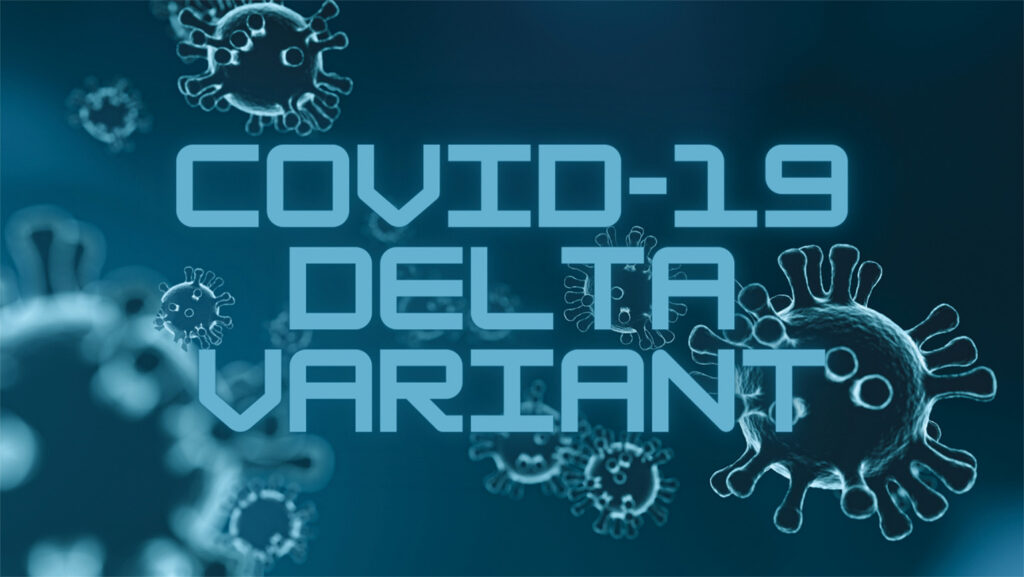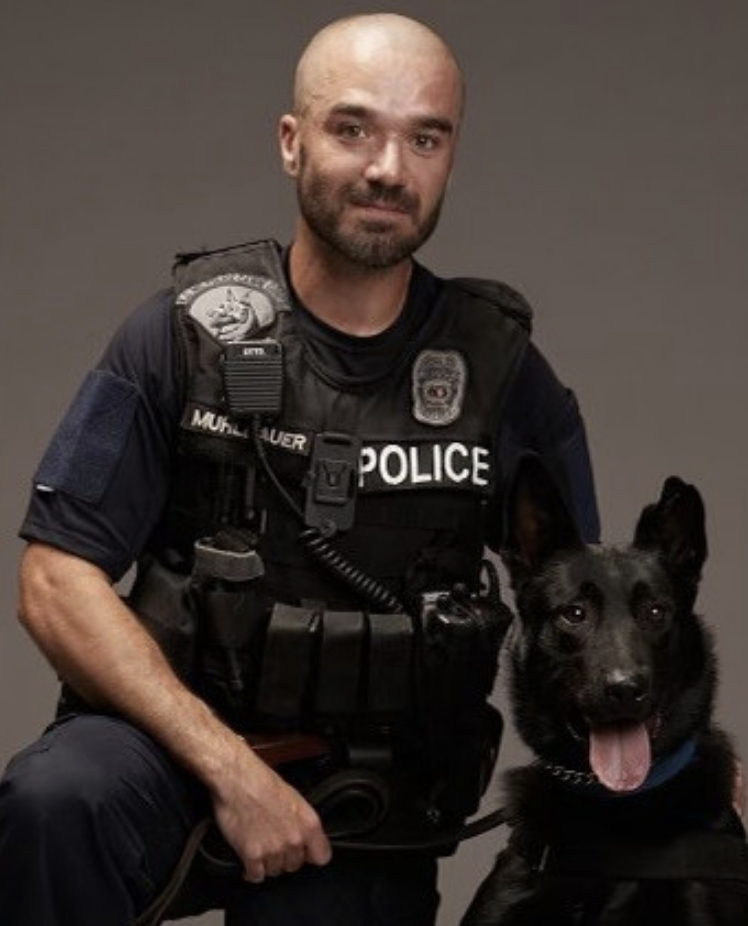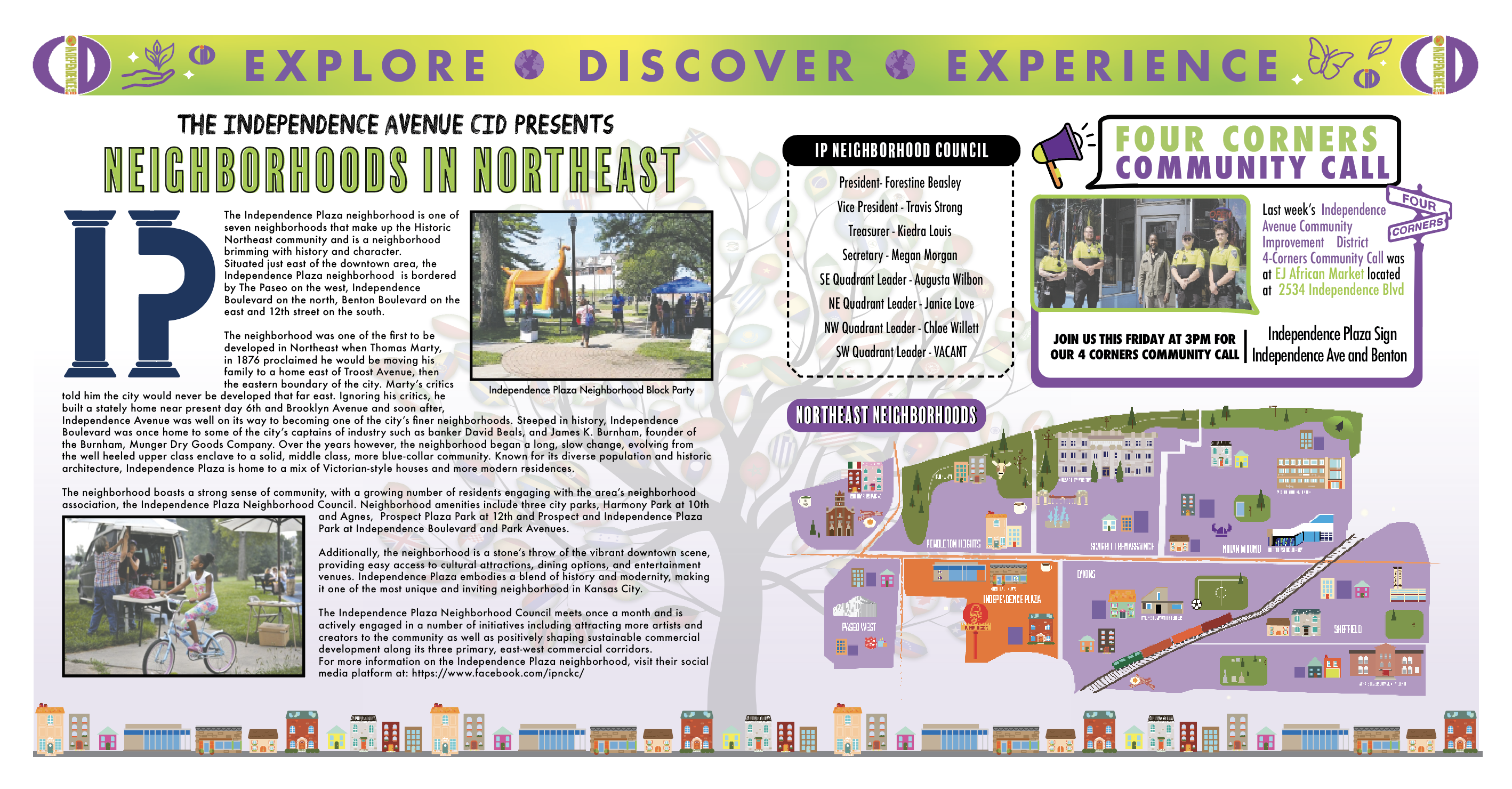
Abby Hoover
Managing Editor
In late June, Kansas City, Mo., leaders urged residents to take the Delta variant of COVID-19 seriously. According to the Kansas City Health Department (KCHD), the variant is spreading rapidly throughout Missouri.
Their concern is amplified for two other reasons: Missouri has one of the lowest vaccination rates in the country and the highest number of new COVID-19 cases per 100,000 people.
Genetic variants of SARS-CoV-2 have been emerging and circulating around the world throughout the COVID-19 pandemic. Viral mutations and variants in the United States are routinely monitored through sequence-based surveillance, laboratory studies, and epidemiological investigations. The Alpha, or first variant, Beta, Delta and Gamma variants circulating in the United States are classified as variants of concern by the Center for Disease Control (CDC). The Delta variant was first detected in the United States in March 2021. It was initially identified in India in December 2020.
At its height, KCHD recorded over 2,000 cases the week of November 14, 2020. The lowest number of cases since May of 2020, KCHD reported 98 cases during the week of June 5, 2021. After six weeks of steady decline in cases, Kansas City has seen a rise in cases beginning the week of June 12, and now reports 176 cases as of June 26.
“The Delta variant is tricky because those who have it may mistake it for a bad cold. While ‘traditional’ COVID symptoms are cough, difficulty breathing, and loss of taste or smell, the Delta variant displays differently,” an announcement from KCHD read. “The number one symptom is a headache, followed by a sore throat, running nose, and fever. This is especially true for young people, which adds to the concern since they are by far the least likely to be vaccinated.”
The average age of positive COVID-19 cases in Kansas City is 37. COVID-19 has affected Black and brown populations at a higher rate in Kansas City, and currently Hispanic people are contracting COVID-19 at a rate of 45.2 per 100,000 while Black people follow with a rate of 31.2 per 100,000. Not far behind, white Kansas Citians have a rate of 27.8 per 100,000. However, Asians have consistently seen the lowest rate since April, and now have a rate of 6.3 per 100,000.
The Missouri Department of Health and Senior Services (DHSS) announced last month that the variant has become prevalent in communities throughout Missouri. As of this week, 29.9% of cases in Missouri are the Delta variant, according to the Center for Disease Control (CDC). In February, DHSS began testing wastewater samples to see if these variants were present.
As of July 1, only 42.8% of Kansas City residents have received their first dose of vaccine, and according to KCHD, to avoid a continued spike in cases, the city needs to significantly increase this vaccination rate, especially in those between 12 years and 50 years old.
“If you have been waiting to get vaccinated or to vaccinate your children 12 and older, the wait window is over,” said Dr. Rex Archer, KCHD Health Director. “We are seeing a significant surge in cases in southwest Missouri. There is only a small window of opportunity to get vaccinated before the variant takes hold.”
However, efforts to vaccinate in Northeast Kansas City are making progress. In ZIP code 64123, 55% of residents 18 or older have initiated vaccination and 42% are fully vaccinated. In residents over age 65, those numbers rise to 72% initiated and 61% completed.
The trend continues in 64124 with 54% of residents age 18 or older have initiated vaccination, with a 40% completion rate. Although lower than 64123, those aged 65 and older still exceed the citywide vaccination rate with 63% receiving their first dose and 48% receiving the second.
In 64125, the area surrounding the eastern end of Independence Avenue, the completed vaccination rate falls below the city average, with only 34% fully vaccinated. The industrial 64120 ZIP code has a whopping 99% of residents who have initiated vaccination, with 93% complete.
The Delta variant is 66% more transmissible than the Alpha and twice as likely to have more serious disease. The Alpha variant infects two people for every one person, while the Delta variant can infect five to six people for every one person.
“I am glad to see that thousands of Kansas Citians are fully vaccinated,” Mayor Quinton Lucas said. “However, that means far too many unvaccinated Kansas Citians are still at risk for infection — especially with the more transmittable Delta variant beginning to spread throughout Kansas City and Missouri. I cannot encourage non-vaccinated Kansas Citians enough to actively seek an opportunity to do so.”
Lucas advised residents to remain diligent, stay home when feeling sick, and continue to encourage family and friends to take the COVID-19 vaccine. He pledged that the City will continue its outreach work to ensure the vaccine is easily accessible for under-vaccinated populations, and to save lives through vaccination.
KCHD provides free vaccination opportunities at its office at 24th Street and Troost Avenue and through multiple partners. Free COVID vaccinations are available on a walk-in basis during clinic hours, or Kansas Citians can call 311 to schedule an appointment. The department continues to work with communities and partners to ensure equitable access to vaccines like Mattie Rhodes Center in Northeast Kansas City, Don Bosco Center in Columbus Park, and others.
While there has been speculation that those who received the one dose Johnson & Johnson vaccine should get a dose of another vaccine to boost their immunity, at this time the Missouri DHSS is not recommending a booster for the Johnson and Johnson vaccine.
According to the CDC’s recommendation, fully vaccinated people can resume activities without wearing a mask or physically distancing themselves, except where required by federal, state, local, tribal, or territorial laws, rules, and regulations, including local business and workplace guidance.


















